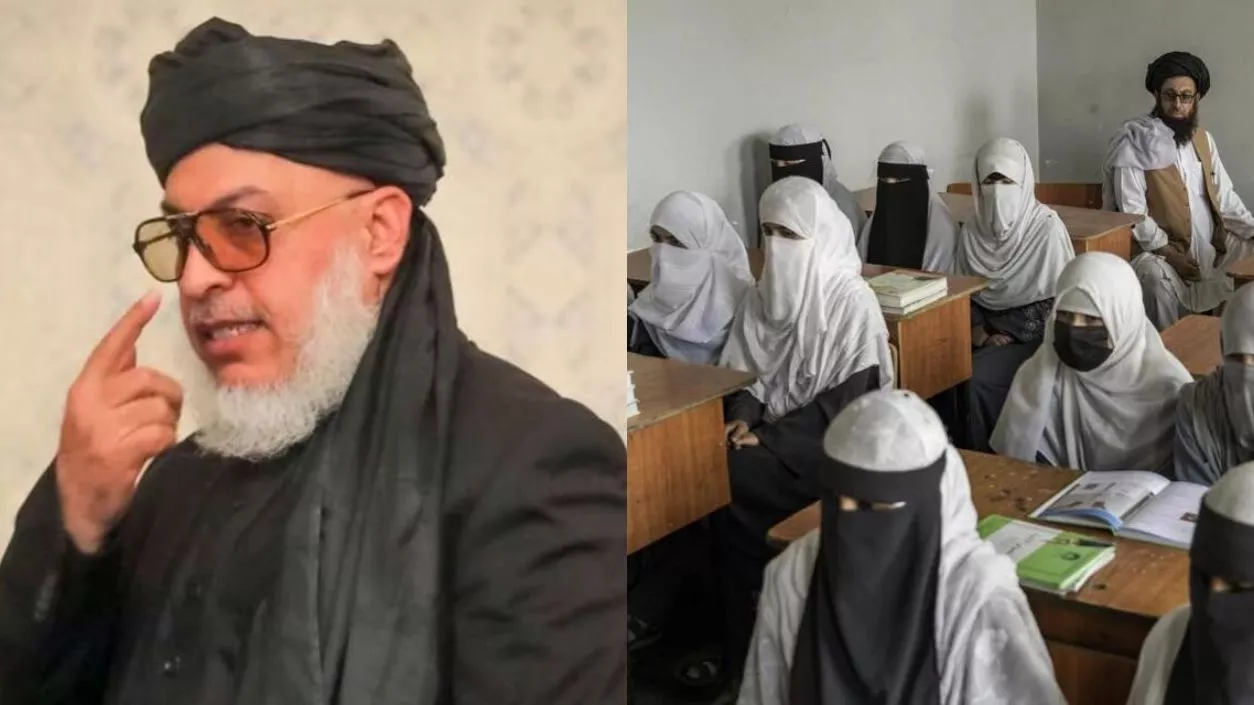Protests erupt outside Kasba Police station as 3 arrested in alleged Kolkata college gang rape
.gif)
.gif)

Sher Abbas Stanikzai, the political deputy at Afghanistan’s Foreign Ministry, has publicly urged the Taliban leadership to lift the ban on education for women and girls, which has been in place since the group regained control of the country in August 2021. Speaking during a religious school ceremony in Khost province, Stanikzai emphasized that there is no justification for denying females access to education, stating that such restrictions are not aligned with Islamic law but instead stem from personal choices or interpretations. He called on the Taliban leadership to "open the doors of education" for Afghan women and girls, noting that denying them education is detrimental to the country’s development.
The Taliban government’s restrictions on women’s education include a ban on schooling beyond the sixth grade for girls. In December 2022, the Taliban imposed a ban on female students attending university, deepening the educational restrictions. In addition to these measures, reports from September 2023 indicated that medical training programs for women have also been suspended, though this remains unconfirmed by Taliban authorities. As a result, women are limited to seeking healthcare from female doctors and health professionals, further restricting their professional opportunities in medicine and healthcare.
Stanikzai, in his remarks, noted that by denying education to women and girls, the Taliban is effectively committing an injustice to 20 million people out of a total population of 40 million. He argued that these actions violate basic principles of fairness and equality and are counterproductive to the overall progress of Afghan society. His statements also reflect growing internal divisions within the Taliban on issues related to women’s rights, as some members of the group have expressed concerns over the long-term consequences of restricting education and employment for women.
These comments mark a significant shift in Stanikzai’s position, as he has previously advocated for women's education but has now directly called on Taliban leader Hibatullah Akhundzada to reconsider the current policies. Stanikzai, who has played a pivotal role in Taliban negotiations, including those that led to the full withdrawal of foreign troops from Afghanistan, has argued in the past that women should be allowed to access education. However, this is the first time he has publicly challenged the official stance of the Taliban leadership regarding the education of women and girls.
The international community, including organizations such as the United Nations, human rights groups, and individual countries, has consistently condemned the Taliban’s policies toward women. The UN has emphasized that these policies, particularly the banning of education, are a barrier to Afghanistan’s recognition on the global stage and its ability to receive international aid. The UN has also warned that without the restoration of women’s rights, including education and employment opportunities, the country’s social and economic development will remain severely hindered.
While the Taliban government is not officially recognized by any country, several nations, including Russia and India, have engaged diplomatically with the group. This engagement has focused on security, trade, and humanitarian concerns, although human rights issues, particularly the treatment of women, remain a major point of contention in these discussions. Despite these diplomatic ties, the Taliban's policies regarding women's rights continue to impede broader international recognition and cooperation.